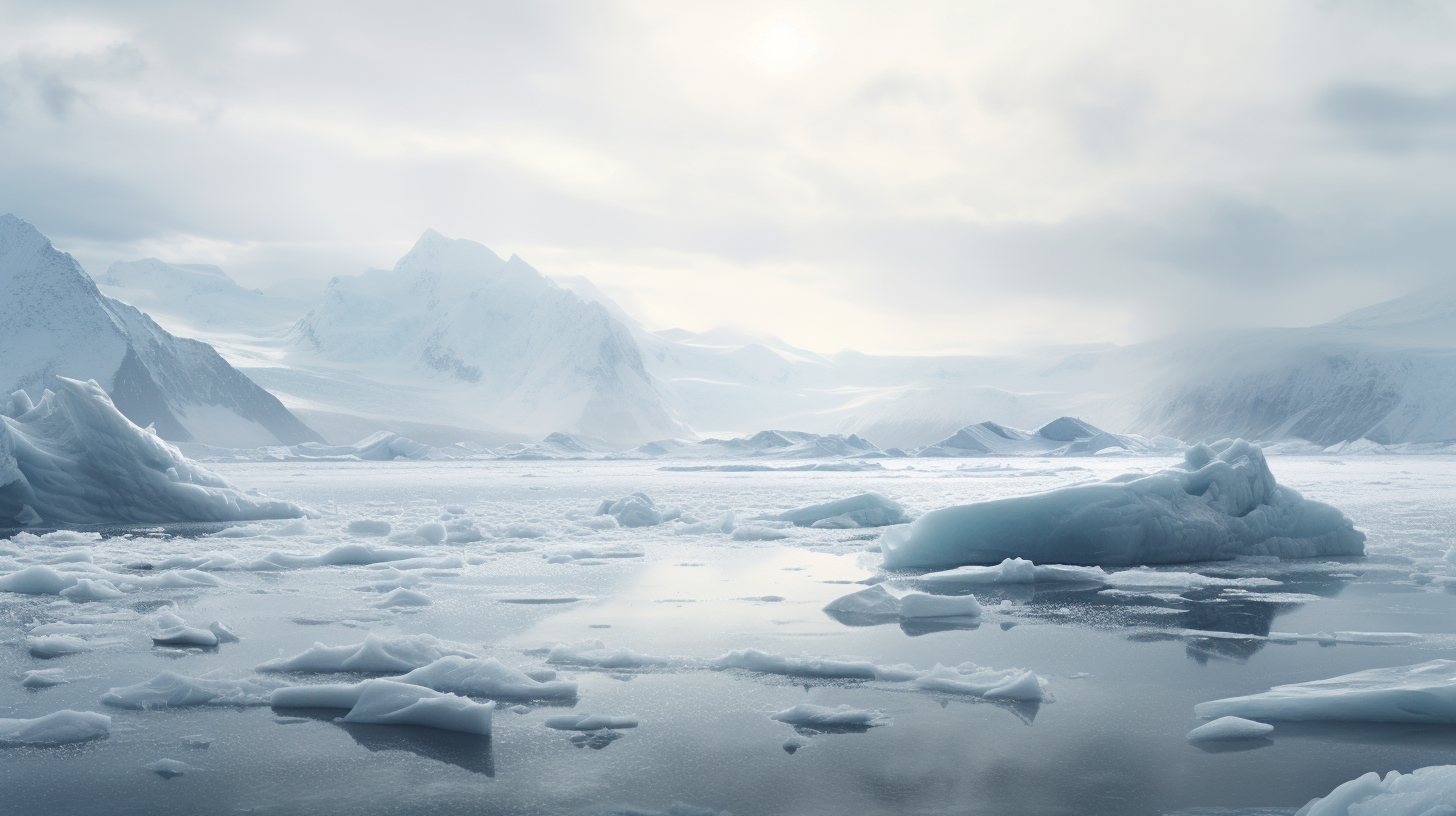Glaciers Withdraw, Oceans Advance
In an era where the cries of melting glaciers echo through the hollow canyons of our neglect, a silent surge advances upon our shores. The stark reality of glacial retreat juxtaposed against the unrelenting rise of ocean levels paints a picture both sinister and poetic. Our world, shadowed by the specter of environmental doom, watches helplessly as waters once locked within icy fortresses now liberate themselves with haste into the bosom of our oceans.
Scientists have long warned us of the consequences of greenhouse gases and the relentless global warming, yet we’ve marched unwaveringly towards this aqueous abyss. With each passing year, our planet weeps a little more, its tears swelling the seas and taking whispers of our negligence with them. The melting of the once-mighty glaciers is not just a tale of rising water; it’s a narrative of civilizations, ecosystems, and economies on the verge of being swallowed whole.
Take, for example, the iconic Khumbu Glacier, a frigid juggernaut once thought to be eternal. It is now a skeleton of its former self, thinning and retreating at a pace that startles even the most stoic of glaciologists. Or consider the West Antarctic Ice Sheet, which, if lost, could set off a chain event leading to global catastrophe. These are not mere landmarks of ice but cornerstones of a world climate system that is coming apart at the seams.
Coastal cities worldwide face the wrath of this aqueous onslaught. As our glaciers retire further back into the annals of history, water levels, driven higher by this relentless melt, creep closer to the heart of our urban habitats, smothering life and devouring the soil beneath our feet. We’ve seen the future in cities like Jakarta, Lagos, and Miami, where the fight against the tide is already lost.
In an ironic twist of fate, our own creation – the very testaments to our architectural progress such as dams and levees – stand as frail barriers, likely to succumb to the surge they were meant to stifle. Here lies the tragicomedy: that our civilization built to reach the skies is falling victim to the rising of the seas. The struggle for survival stretches resources, breeds conflict, and heaves a planet closer to the precipice of upheaval.
Yet, amidst the clamor for change, the silence of resignation is deafening. Our collective inaction speaks with a voice cold as the glaciers themselves, whispering a bitter truth about human nature – can the end of an era spur an awakening, or are we to remain spectators of our self-constructed calamity?
Art and literature once romanticized the serenity of the Arctic sheens and mountain-capped glacial peaks. Now, those verses and canvases narrate the chronicle of a dying world, a testament to the disregard we’ve shown our only home. This is no longer about preserving beauty; it is about staving off an unstoppable tide – both literal and metaphorical – that seeks to redefine the existence of every species sharing this blue orb.
Our children’s future, once envisioned as a bright mosaic, has become a dimly lit corridor narrowing with every droplet that falls from the melting ice. What was once a call to action is now a eulogy for the ages, a requiem for the Earth’s lost diversity and splendor in the face of humanity’s greatest challenge. As we stand on the precipice, watching as glaciers withdraw and oceans advance, one must wonder: Is this the legacy we foresaw, or have we become the unwitting authors of Earth’s final chapters?
As the tides rise, washing away the footprints of generations, only time will tell if those same waters will cleanse the slate for a resurgence or cement our tale as a cautionary saga whispered by the winds across a vast, silent ocean.
